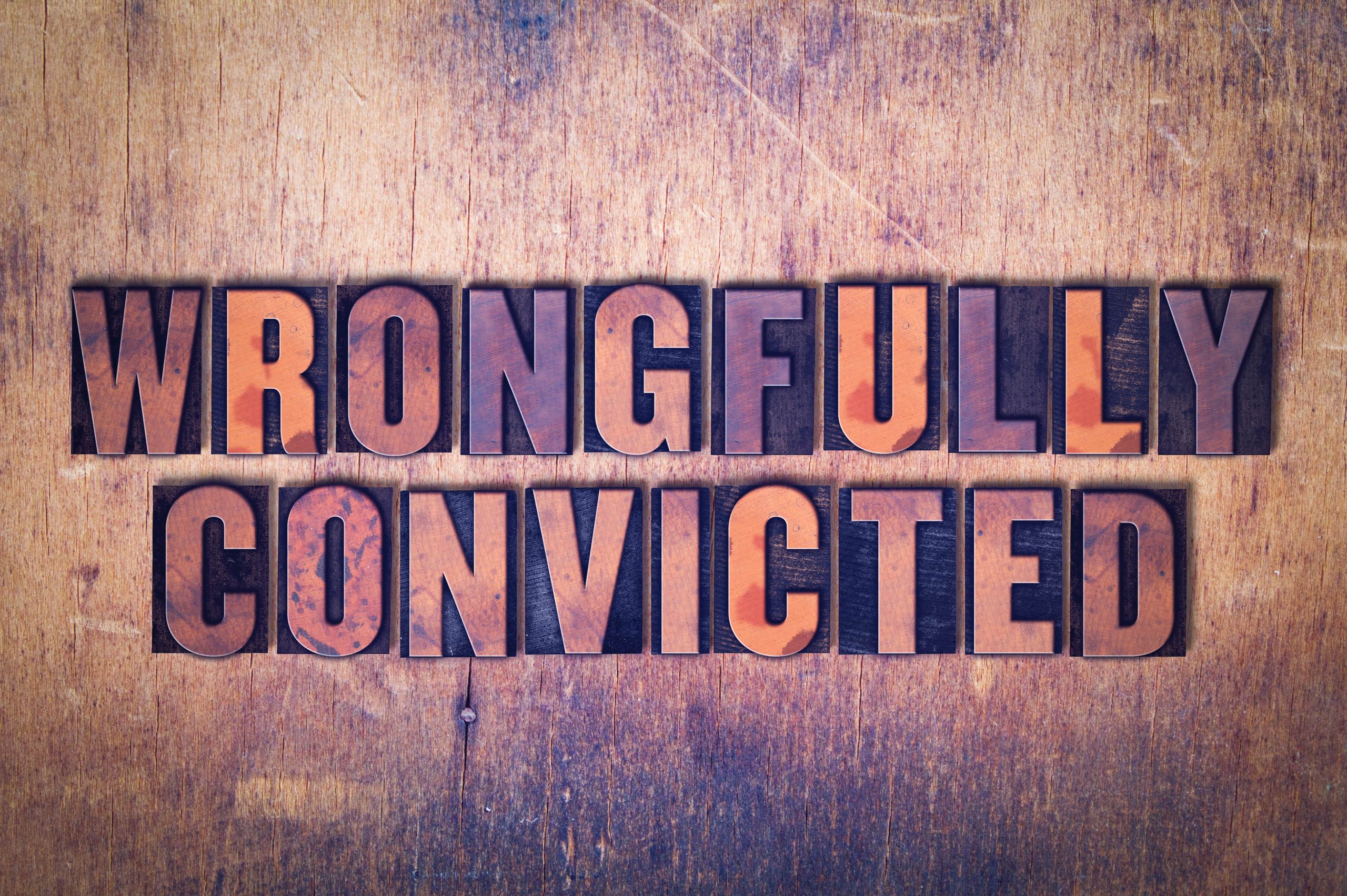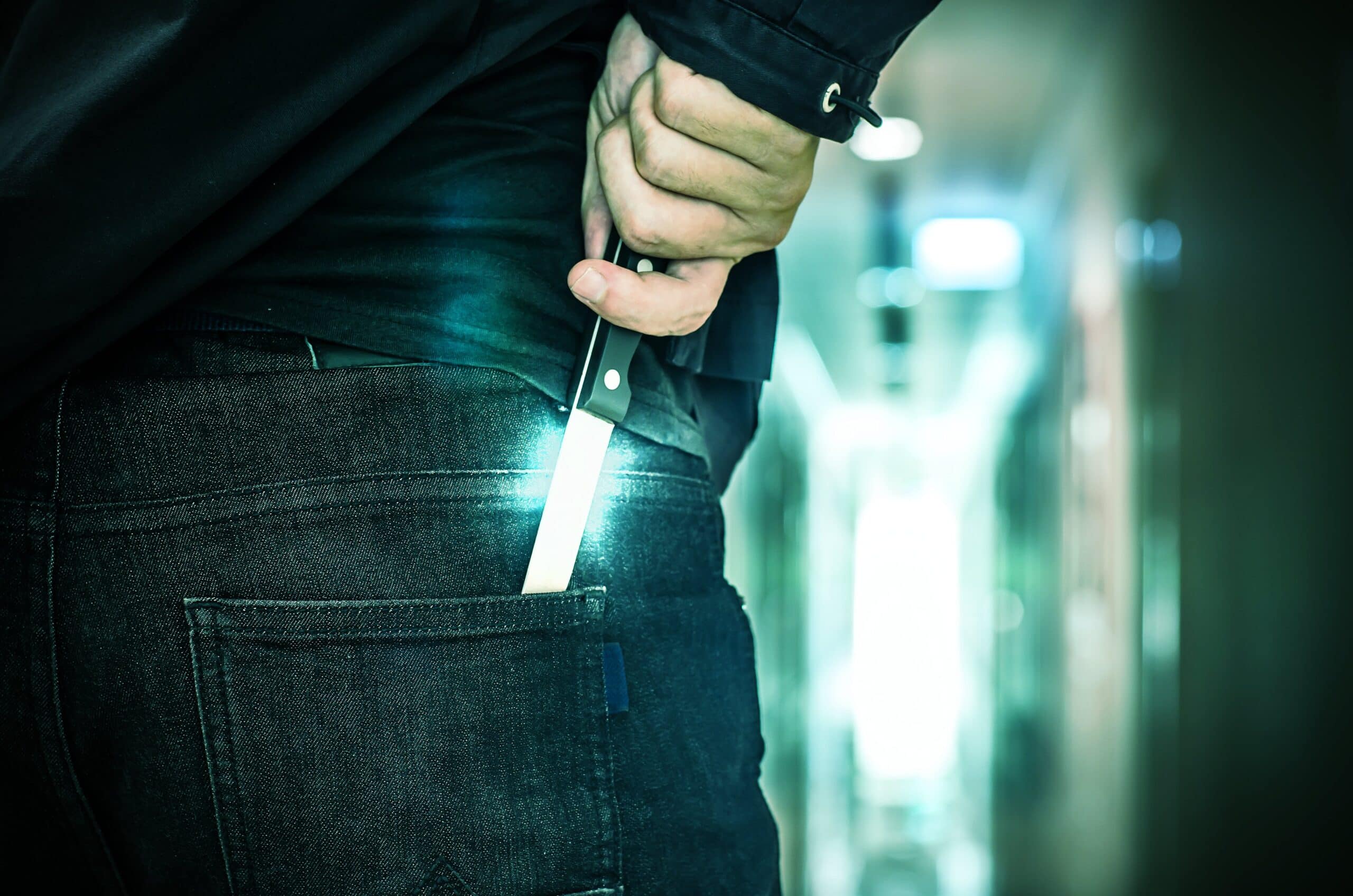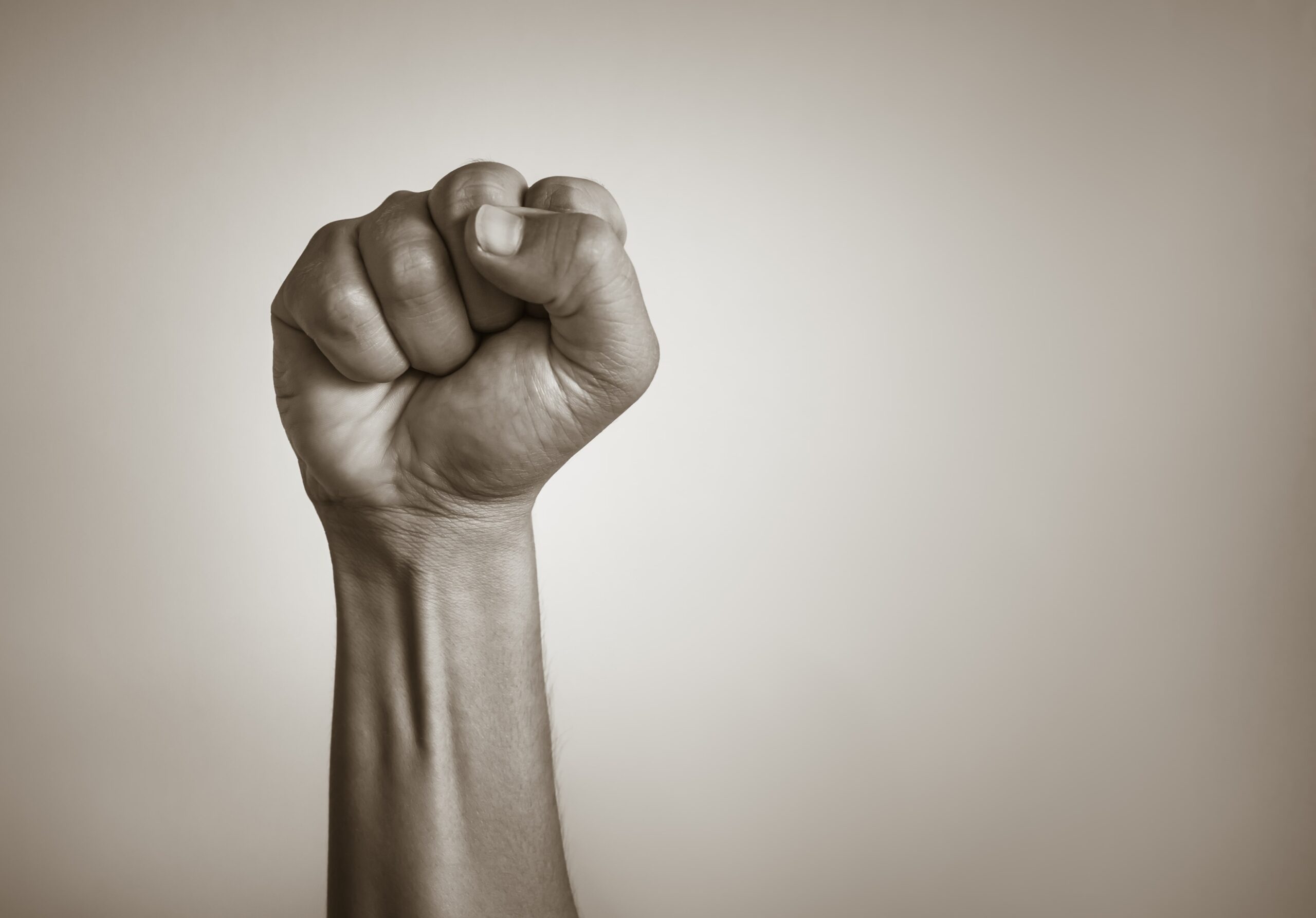Share This Article
A ‘wrongful conviction’ occurs when a person is convicted of crime they did not commit.
From Lindy Chamberlain to Andrew Mallard, Australia has experienced many high-profile cases of innocent people being imprisoned for a crime they did not commit.
Here’s what you need to know about the causes of wrongful convictions in Australia and the options available for the innocent hoping to clear their name.
How Prevalent Are Wrongful Convictions?
There are no good estimates on the percentage of defendants who have been wrongfully convicted in Australia. However, there have been nearly 100 documented cases of wrongful conviction since 1922.
Common causes of wrongful convictions both in Australia and abroad include:
- Overzealous and unprofessional police investigations.
- Weak circumstantial evidence.
- Corruption and misconduct by police.
- The use of unreliable and discredited expert evidence.
A lack of quality legal representation is also a key factor in wrongful convictions in Australia, particularly during the process of appeals.
Options For Appeal
Following a guilty verdict, a wrongfully convicted person should consider whether they have grounds to appeal their conviction.
If a person has been found guilty in the Local Court, they have an automatic right to appeal to the District Court, or to the Supreme Court (on a question of law only).
If convicted of an indictable (serious) offence in the District Court or Supreme Court, a wrongfully conviction person will need to seek leave to appeal to the Court of Criminal Appeal. Common grounds for appeal include:
- A miscarriage of justice occurred, such as on the basis of incompetent or careless legal representation or other significant error at trial.
- An error of law occurred at the original trial including the incorrect inclusion or exclusion of evidence, misuse of judicial discretion or a misdirection to the jury.
- The conviction was unreasonable or cannot be supported by the evidence.
Generally, a person can only appeal against a guilty verdict once. However, a second or subsequent right of appeal applies if a person has “fresh” and “compelling” evidence that should, in the interests of justice, be considered on an appeal.
In rare cases, a wrongfully convicted person may be able to seek leave to appeal to the High Court – however special reasons for an appeal need to exist.
If an appeal against conviction is successful, the appellate court may either:
- Enter a judgment of an acquittal (finding the person not-guilty); or
- Quash the original verdict and order a new trial.
Limitations of Appeals
Although the appellate process is the primary means for wrongfully conviction persons to clear their name, there are many limitations to current processes.
As the grounds of appeal are limited to discrete errors at trial, a person whose wrongful conviction is based on mistakes or misconduct during police investigations is often limited on appeal.
Further, other than in circumstances of fresh or compelling evidence, a person wrongfully conviction is limited to one appeal which can be quickly exhausted.
If all appeal avenues are exhausted, the only final option available for the wrongfully convicted is to petition for a pardon by the NSW Governor acting on the advice of the Executive Council and the Attorney General.
The power to pardon comes from the Royal prerogative of mercy entrusted in the King’s representative in NSW. A ‘petition’ or application is made directly to the Governor who will consider each application on its individual merits.
The effect of a pardon is to remove a person from the consequences of a conviction, but without displacing the conviction itself. Successful petitions for pardons are rare, and pardons are only granted in the most extraordinary of circumstances.
By Jarryd Bartle.









